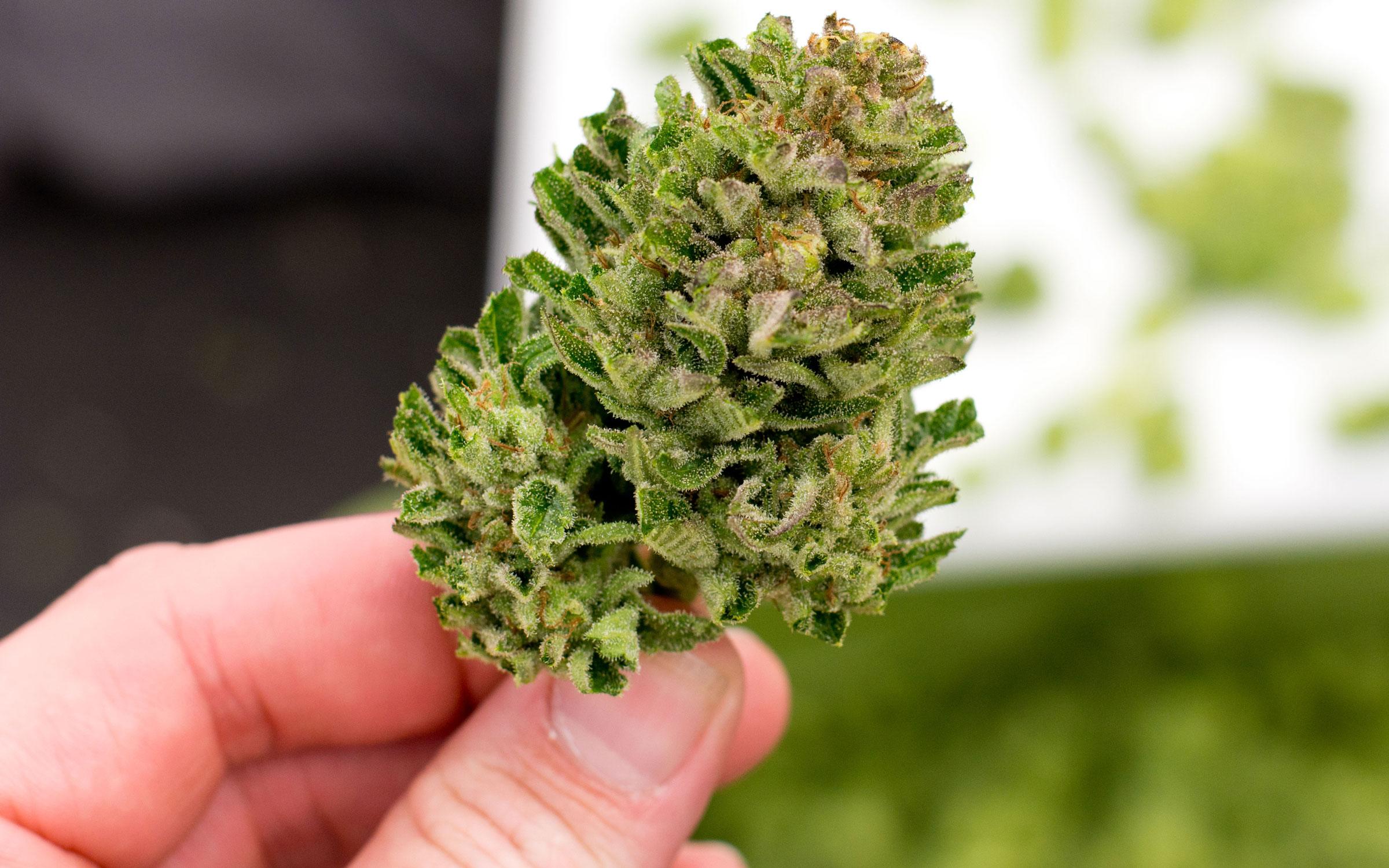How Licensed Businesses Legally Buy Wholesale Weed |A Practical Guide

As cannabis markets mature around the world, licensed dispensaries, product manufacturers, and retailers must build dependable, compliant supply chains. Whether you manage a storefront, run a delivery service, or operate a branded product line, knowing how to legally buy wholesale weed is essential for protecting your business, ensuring product quality, and maintaining customer trust. This guide walks through the principles of legal sourcing, regulatory compliance, vendor evaluation, logistics, and practical tips for successful partnerships in regulated markets.
Know the Law First: Licensing, Jurisdiction, and Compliance
Before entering any wholesale agreements, make sure your business is fully licensed for your jurisdiction. Cannabis laws vary dramatically between countries, states, and municipalities — and they govern cultivation, distribution, testing, packaging, and transport. Your first step is to confirm which licenses apply to your operation (retail, transport, manufacturing, etc.) and to understand limits on quantities, interstate transfers, and recordkeeping.
Regulators typically require strict seed-to-sale traceability, mandatory lab testing, and standardized labeling. Insist on seeing vendor compliance documents and check public regulatory resources to verify licenses. Operating within the law not only avoids penalties and license revocation but also protects your customers and brand reputation.
Build a Vendor Due-Diligence Checklist
Choosing a wholesale partner is more than finding the lowest price. A robust due-diligence checklist should include:
-
License verification: Confirm cultivation and distribution licenses with the issuing authority.
-
Product testing: Require third-party lab reports for potency, pesticides, heavy metals, and microbial contamination.
-
Traceability systems: Ensure the vendor uses a compliant seed-to-sale tracking platform.
-
Insurance & recalls: Confirm commercial liability insurance and a clear recall plan.
-
Capacity & consistency: Assess whether the grower can reliably supply the volumes you need.
-
Sustainability & cultivation practices: Organic practices, water usage, and worker safety can matter for brand positioning.
When your checklist is complete, you’ll be in a much stronger position to negotiate terms and protect your customers.
Contract Essentials: Price, Terms, and Quality Guarantees
Wholesale agreements should be clear, legally vetted, and tailored to the cannabis sector. Important contract elements include:
-
Product specifications: Define strain names, cannabinoid ranges, moisture content, and acceptable variances.
-
Pricing structure: Include base price, volume discounts, and currency/payment terms.
-
Delivery schedule and penalties: Specify lead times, delivery windows, and penalties for late fulfillment.
-
Quality assurance & returns: State how non-conforming lots will be handled, including remediation or returns.
-
Testing & documentation: Require up-to-date lab reports and chain-of-custody documentation with each shipment.
-
Termination and force majeure: Prepare for supply disruptions while protecting both parties.
Well-drafted contracts reduce disputes and set expectations up front, which is especially important in new or volatile markets.
Logistics and Secure Transport
Moving regulated cannabis requires strict adherence to transport rules. Many jurisdictions restrict the types of vehicles, security measures, driver qualifications, and recordkeeping for cannabis transport. Consider these points:
-
Use licensed carriers or internal transport teams that meet regulatory standards.
-
Encrypt and securely store transport manifests and chain-of-custody records.
-
Plan for temperature control and packaging integrity to preserve product quality.
-
Ensure each shipment is accompanied by required lab certificates and compliance paperwork.
Efficient logistics lower loss, prevent spoilage, and make regulatory audits far easier.
Quality Control: Testing, Storage, and Shelf Life
Product quality is the cornerstone of a reputable cannabis business. Insist that every lot you receive comes with lab certificates showing cannabinoid potency and safety testing. Additionally:
-
Store product in climate-controlled conditions to preserve potency and terpenes.
-
Rotate inventory using first-in, first-out (FIFO) methods to minimize degradation.
-
Run periodic in-house spot checks and partner with independent labs for confirmatory testing.
A clear quality-control program protects customers and prevents costly recalls or reputational damage.
Pricing Strategy and Inventory Management
Buy wholesale weed offers pricing advantages but requires smart inventory planning. Balance cost savings with cash flow and storage constraints:
-
Forecast demand with POS data to avoid overstocking seasonal or slow-moving strains.
-
Negotiate tiered pricing based on firm purchase commitments to secure better rates.
-
Consider co-op purchasing with other licensed retailers for improved leverage in tight markets.
Sophisticated inventory planning ensures you can capitalize on discounts without risking expired or obsolete stock.
Banking, Payments, and Financial Compliance
Cannabis businesses often face banking challenges due to federal regulations in some countries. Work with financial institutions experienced in the sector and maintain rigorous financial records. Ensure your vendor agreements include transparent invoicing, tax compliance, and anti-money-laundering (AML) measures. Clear financial controls reduce audit risk and support long-term growth.
Relationships, Reputation, and Long-Term Partnerships
In regulated markets, trust matters. Building long-term relationships with dependable growers and processors can secure priority access to top lots and new genetics. Regular vendor reviews, joint quality improvement initiatives, and clear communication help both parties scale responsibly.
Conclusion
For licensed businesses, knowing how to legally buy wholesale weed is about more than price — it’s about compliance, quality, logistics, and reputation. By implementing rigorous due diligence, sound contracts, secure transport, and strict quality control, retailers and product makers can build reliable supply chains that protect customers and support sustainable business growth. Keep regulatory knowledge current, treat suppliers as long-term partners, and always prioritize documented safety and testing.
- Sports
- Art
- Causes
- Crafts
- Dance
- Drinks
- Film
- Fitness
- Food
- Jocuri
- Gardening
- Health
- Home
- Literature
- Music
- Networking
- Alte
- Party
- Shopping
- Theater
- Wellness


